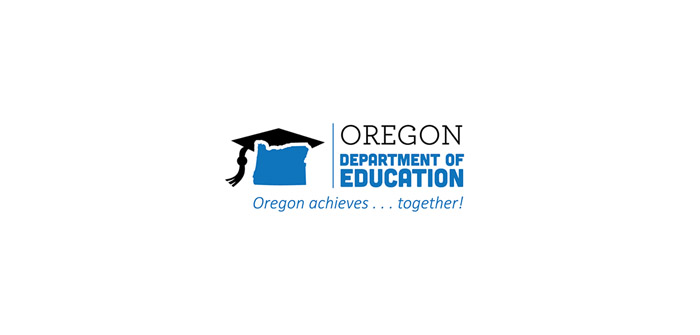The Oregon Department of Education (ODE) released results today from the Oregon Statewide Assessment System’s spring 2024 summative tests, which highlight there is more work ahead to reach pre-pandemic academic performance levels. The results included key areas of progress statewide, with six out of seven grade levels showing improved math scores, while recovery in literacy scores has been slower and more uneven across the state.
Along with the data release, ODE has identified key areas for targeted action to support improved student performance, including continued and increased investment in K-12 literacy, support for summer and afterschool learning, refining data and policy practices and developing an accountability framework.
“While it’s encouraging to see the signs of improvement in mathematics, we need to continue our focus on maintaining high expectations, providing opportunities for our students to succeed, and supporting our schools and educators in the hard work ahead,” ODE Director Dr. Charlene Williams said. “Several targeted efforts are underway to support students including the statewide investment and commitment to early literacy best practices. As funding and supports from the Early Literacy Success Initiative become embedded in schools, we will begin to see a significant payoff for Oregon’s scholars.”
“Every child deserves a high-quality, culturally responsive public education to be set up for success. I’m not satisfied with this year’s numbers,” Governor Tina Kotek said. “We must double down on our commitment and collaboration to fix the gaps in our system that are failing students. I am focused on working with education partners across the whole system to identify evidence-based solutions, increase high-quality learning opportunities, and strengthen student wellbeing.”
Progress in Mathematics
Although Oregon has significant room to grow, one of the encouraging aspects of the recent data is the gains made in mathematics. There are clear signs of improvement across various grade levels with particularly notable improvements in grades 5, 7, and 8. Districts who have shown improvement are pointing to several factors that have contributed to this progress, including teacher collaboration time, an emphasis on connecting the math lesson to other school subjects such as science and social science, and a focus on conceptual understanding.
Programs Underway To Solve Challenges in English Language Arts (ELA)
The data reveal ELA as a critical area of concern as students are not consistently demonstrating grade-level knowledge and skills. Across nearly all grade levels, ELA proficiency rates remain below pre-pandemic levels and equity gaps remain. These gaps highlight the ongoing need to identify and provide specific resources to improve best practices that leverage high-quality, culturally-relevant instructional materials.
How Oregon Can Accelerate Learning
ODE has identified the following key areas for targeted action:
- Continued and Increased Investment in Literacy K-12: ODE was recently awarded $11.5 million from the U.S. Department of Education to deepen and expand literacy efforts across the K-12 continuum. This grant is the initial installment of a potential total of $57 million, with funds flowing as soon as the 2025-26 school year to high need districts through competitive subgrants. This new grant builds on the momentum generated by the Early Literacy Success Initiative, the 2023 legislation (HB 3198) that invested more than $90 million in state funding to close opportunity gaps for historically underserved students, including multilingual learners and those experiencing disabilities from birth to 12th grade.
- Summer and Afterschool Learning: The state legislature has tasked a workgroup to address critical areas such as equitable access to summer and afterschool programs, sustainable funding, streamlined grant administration, program quality and oversight, and incentivizing partnerships.
- Data-Informed Practices and Policy: Ongoing examination of achievement data must guide decision making in order to direct resources where they are most needed. ODE is elevating a system of assessments that includes more than state summative test scores. This year, by combining the state test results with other data, such as the Student Educational Equity Development (SEED) Survey, we’ll be able to highlight that students who had more frequent opportunities to learn (e.g. write about what they read, use different ways to show math thinking, etc.) were also more likely to be proficient on the state summative tests.
- Accountability: ODE is developing an accountability framework in partnership with education and community partners that represents the diversity of our state in terms of race/ethnicity, region, gender, and role. This workgroup is synthesizing the guiding principles and student success categories that will drive the identification of indicators that can be used to shine a light on Oregon’s K-12 education system in places that might need additional attention.



